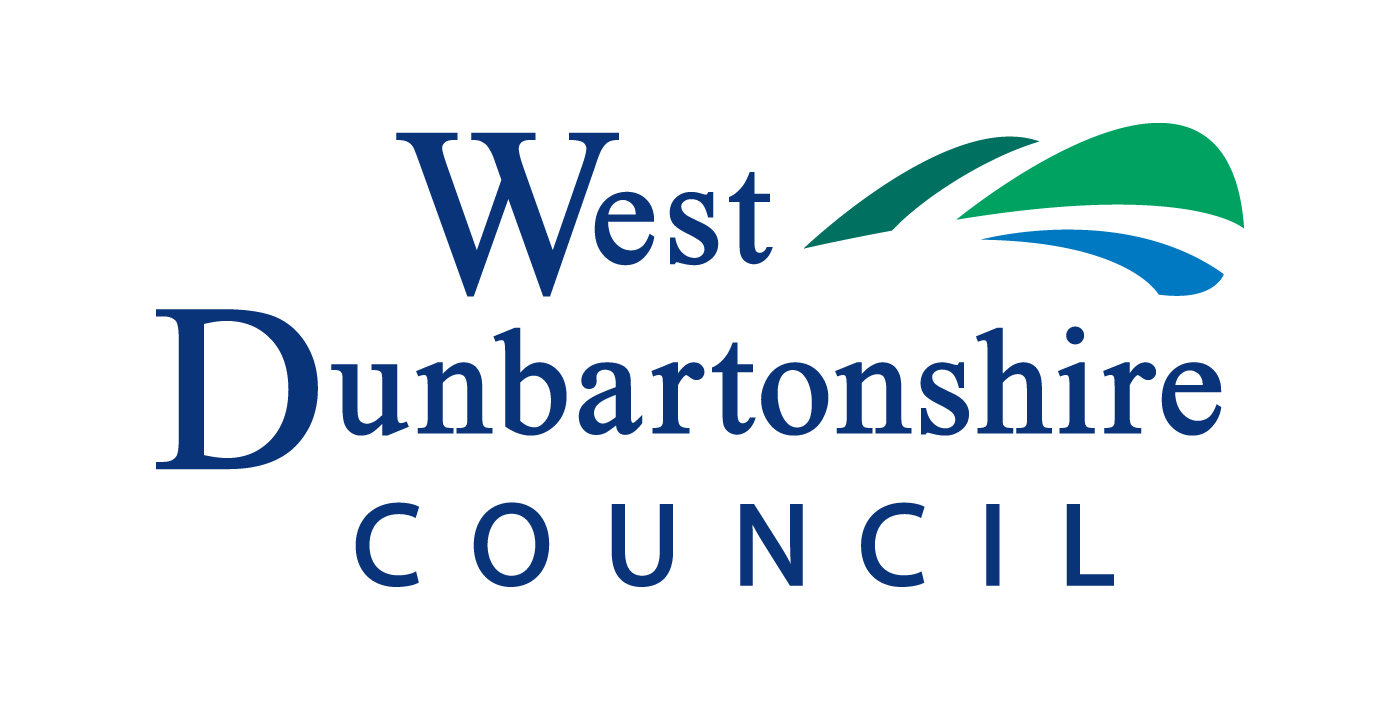Published 02 March 2023
Supporting communities through the cost of living crisis is at the heart of a new £1m support package introduced as part of the Council’s budget.
In the face of the biggest financial challenge in its history, which means a number of savings options will be progressed to close a funding gap of more than £21million, councillors have prioritised protecting the area’s most vulnerable, supporting those who need it most and helping young people reach their potential.
Families, young people, carers and community groups across West Dunbartonshire will see the benefits of the wide-ranging additional support after the budget was passed at a Council meeting yesterday.
It includes access to a school meal hardship fund for any family struggling with the cost of living; subsidies of £10,000 a month to foodbanks for the next three years; the development of a Community Wellbeing Fund supporting community groups and a Community Asset Transfer Support Fund to help local groups take over the running of Council buildings.
School pupils with caring responsibilities will also have their Educational Maintenance Allowance topped up with an additional £10 per week to support them while they continue their studies.
In addition, investment will be made on gullies in flooding hotspots like Linnvale and the schools summer programme will be enhanced to provide additional free activities during the holidays.
The support package was announced as Councillors met to discuss the report and take steps to balance the budget.
The £14.7million budget gap, which is reduced from £21million after a first tranche of measures were agreed in December, will be closed in part with a 5% Council Tax increase, management adjustments as well as progressing a range of savings options outlined within the Council report.
Councillors opted to protect jobs and retain library provision in Dalmuir by co-locating the existing facility within the nearby community centre, as well as exploring other co-location opportunities for smaller branches. This will generate an expected combined saving of £64,000.
In Education, the school clothing grant will revert to the previous provision of £150 per child each year, after it was increased using one off Covid-19 funding last year. This generates a saving in future years of £774,000. A review of Senior Early Learning and Childcare Officers will be undertaken, saving £119,000, and the budget for grounds maintenance in educational premises will reduce, saving £100,000.
The Council’s Anti-Social behavior service will be retained in full, with the cost of the service shared with the Housing Revenue Account (HRA) to save £127,000 from the council general fund costs. In addition, an annual investment of £200,000 will continue to be made towards the Council’s successful apprenticeship programme providing training opportunities for local residents, saving £50,000 in 2023/24.
Other changes include the introduction of a universal charge of £100 per year for all participants in the Care of Garden scheme, which equates to less than £2 a week and makes a savings of £211,000; a review of how residual waste is collected will improve recycling rates as well as saving £50,000; and a review of community facilities will proceed with an option for buildings to be part of a community asset transfer.
Council Leader, Councillor Martin Rooney, said: “We have been faced with some impossible choices in order to deliver the balanced budget required by law.
“Unfortunately we can only work with the money we have available and I want to reiterate that we have been put in this horrendous position by lack of fair funding from the Scottish Government.
“We know for many residents, Council services are a lifeline and in setting the budget we have tried as far as possible to protect our most vulnerable. I know the decisions we have been forced to make today to deliver a balanced budget will be difficult to hear and we fully sympathise with our residents and employees who may be impacted by changes to service delivery.
“That is why it was essential for us to introduce measures which strengthen our existing offer of support to ensure residents and communities can access help with the cost of living.”
Deputy Council Leader, Councillor Michelle McGinty, added: “We know the impact the cost of living crisis is having on our residents and our communities, we see it every day, and this makes the lack of fair funding even harder to accept.
“We have and will continue to make the case for a fair funding settlement for our area but as it stands there has be no further funding forthcoming and as a result we are being forced to make decisions on services which no-one wants to make.
“As a Council we have made it a priority to help those who are being hardest hit by rises in food, utilities and fuel with the cost of living supports introduced over the last nine months. No-one should every have to make the choice between heating and eating. It is essential that we continue to protect and shield our most vulnerable residents and ensure our communities can thrive during this difficult financial period.”
